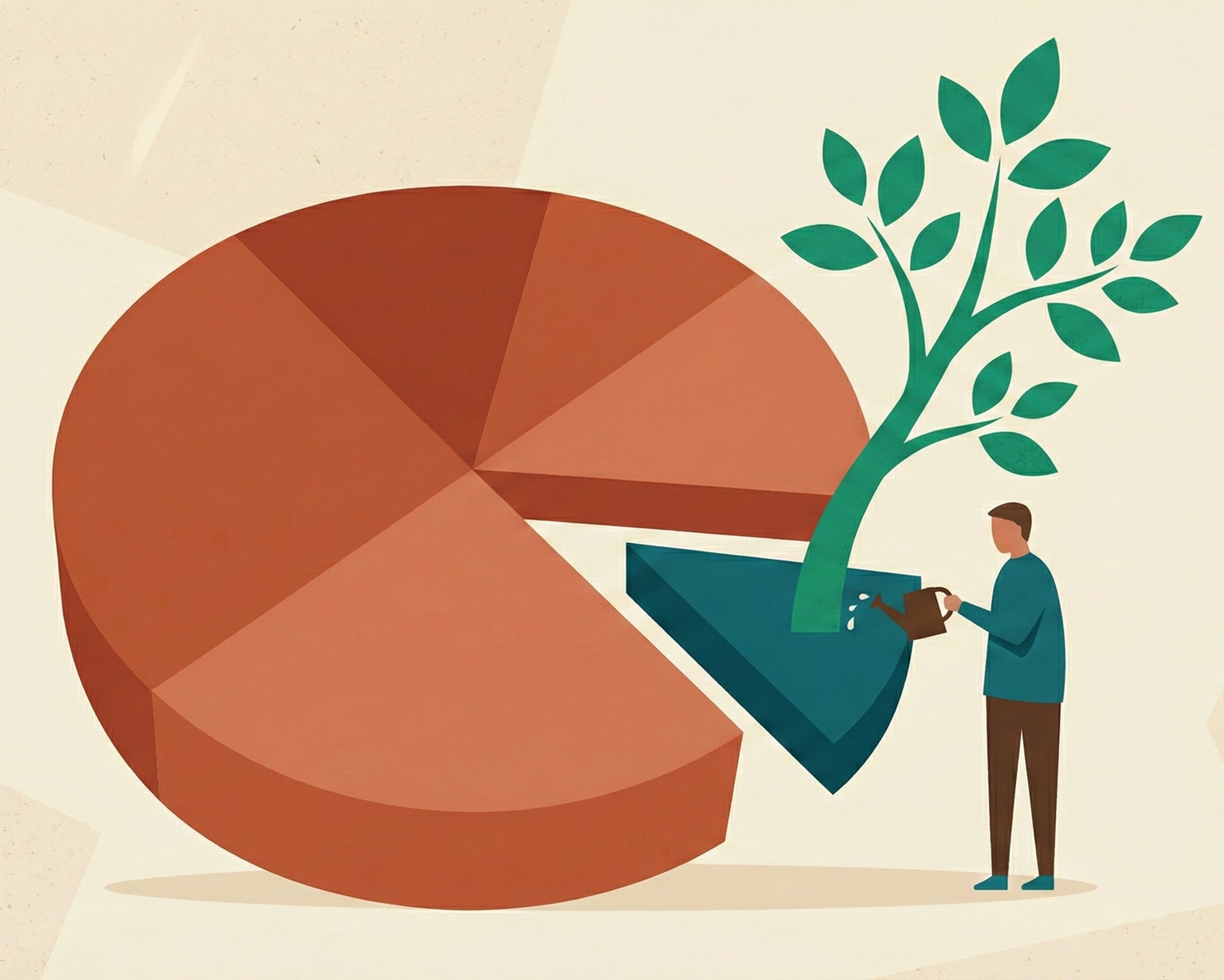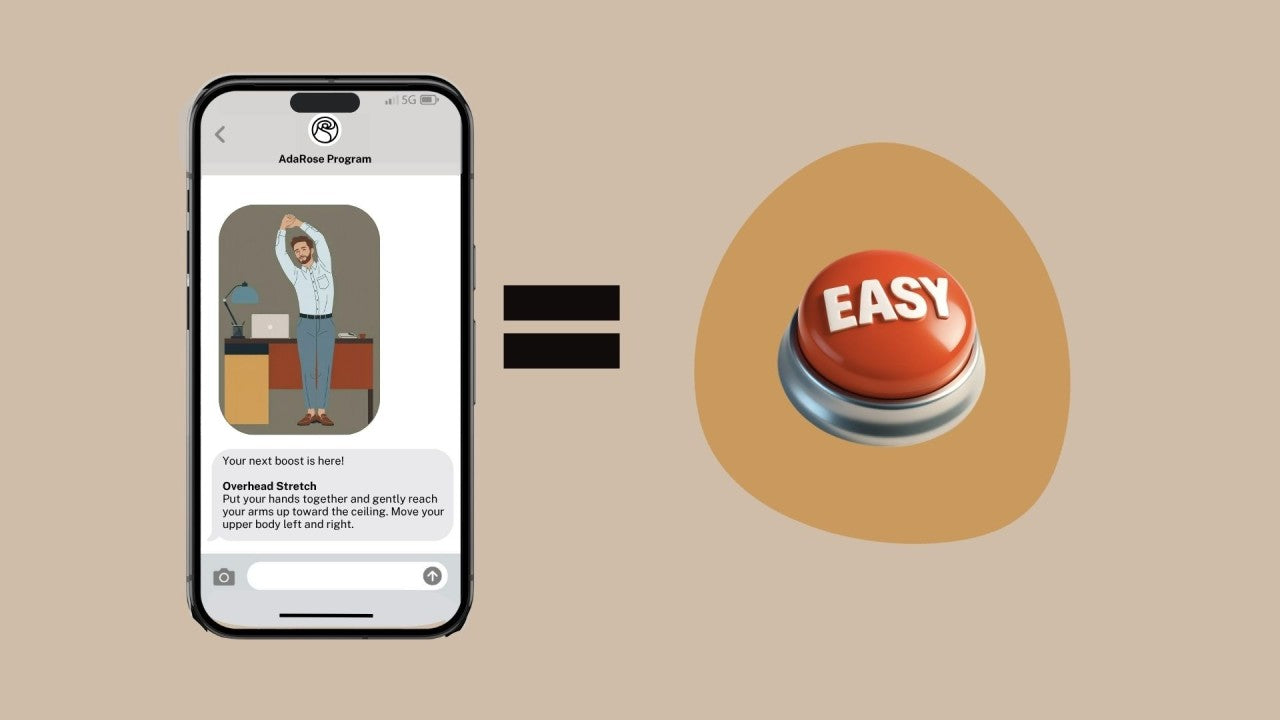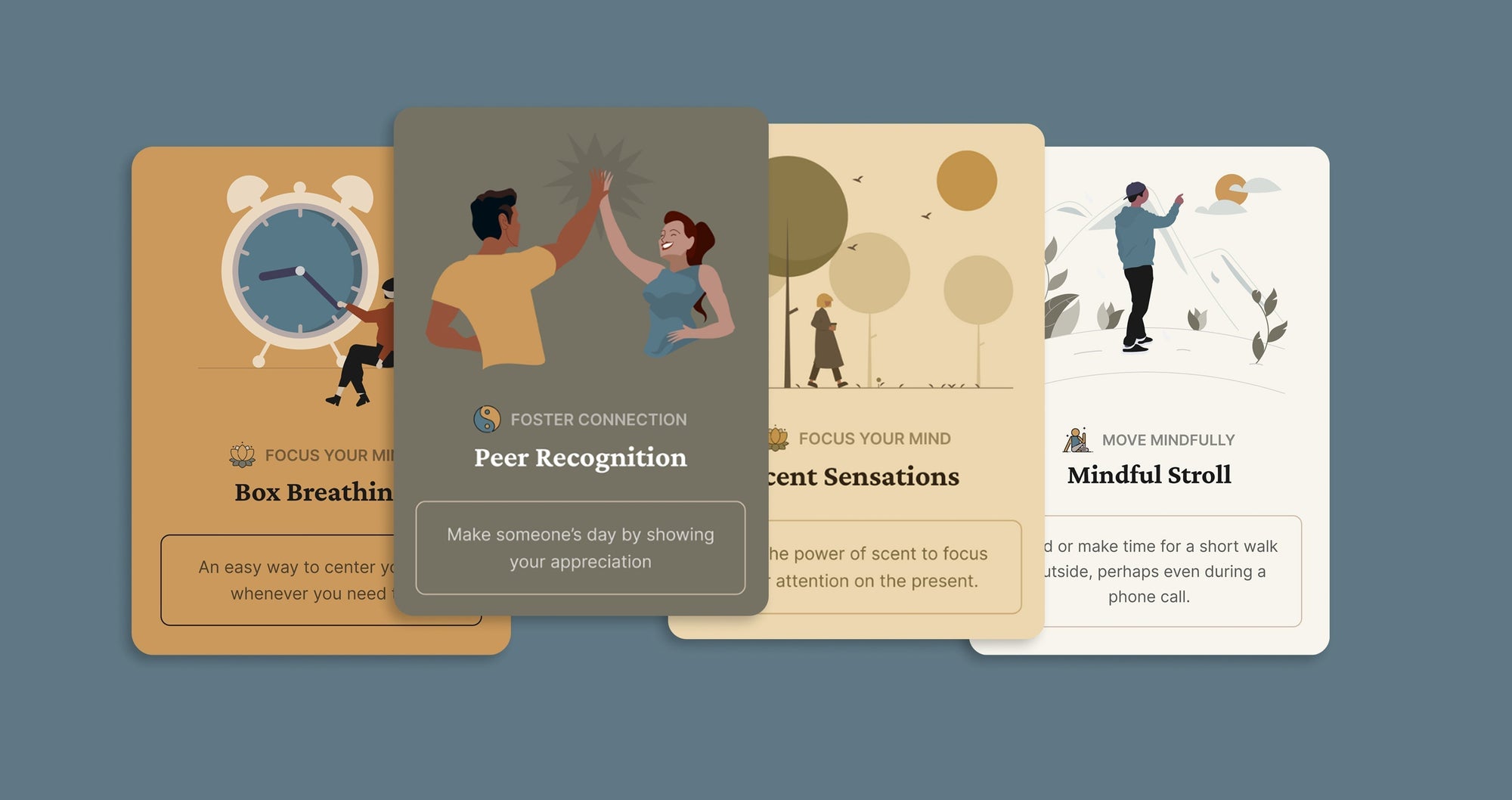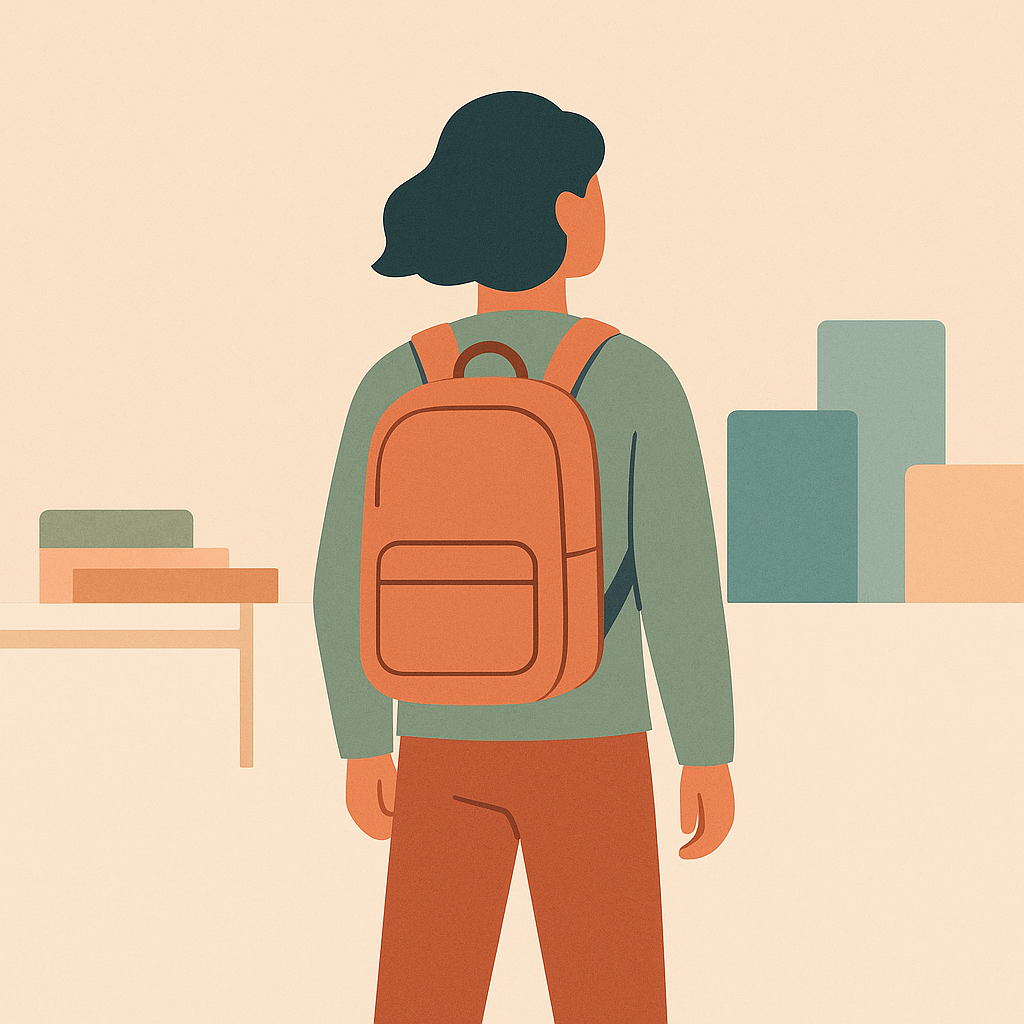Are we still doing Daylight Savings Time in 2024? Yep. Despite the U.S. Senate unanimously approving the "Sunshine Protection Act" in 2022, it did not pass the U.S. House of Representatives and thus could not be signed into law by President Joe Biden.
The proposed change to the longstanding convention of daylight savings time was motivated by potential benefits to both business and health, with the theory being that more afternoon (as opposed to early morning) daylight will be a boon to business and encourage children to play outdoors longer, increasing exercise and potentially diminishing seasonal affective disorder in the broader population.
But regardless of whether you were hopeful for daylight savings time to permanently end, or preferred that it stayed same, it's important to examine the health implications of changing the clocks and some tips to minimize the disturbance it has on your sleep.
Implications of Daylight Savings on Your Health
Sunlight exposure has significant impacts on our sleep and overall health, so the clocks changing isn't necessarily something to take lightly.
"Daylight savings time” is the period between spring and fall when clocks in most parts of the U.S. are set one hour ahead of standard time. "Standard time" is the agreed upon time when daylight savings is not in use, however, the U.S. has several different time zones, so there isn't just one time in effect across the country.
Historically, daylight savings time (or DST) takes effect on the second Sunday in March every year, and then ends on the first Sunday in November.
If passed, The Sunshine Protection Act would have resulted in DST becoming permanent in 2023, which, according to a poll, would have been supported by about 61% of Americans.
What was the original purpose of daylight savings?
The concept of DST was first introduced in the late 1700's by Benjamin Franklin, but it didn't go into full effect in the U.S. or Europe until the 1960's.
DST was originally intended as a way to minimize the use of artificial lighting. The idea was that if people woke up and went to sleep in accordance with sunrises and sunsets, then they would need to use less artificial light, which at the time included candles!
Other reasons to change the clocks included saving resources such as artificial heating, and having more light in the morning when children were getting up early to attend school.
How might daylight savings impact the quality of your sleep and health?
Our bodies work well with rhythms, routines, and consistency, so every time we change our schedules we're likely to experience some health effects as a result. This applies to our sleep, meals, and workouts, just to name a few regular habits.
When you're exposed to daylight and sunshine, your circadian rhythm, which functions like your 24-hour "internal clock," is impacted. A well-regulated circadian rhythm helps you to feel sleepy at night and energized during the day, plus it impacts your appetite, metabolism, and energy levels.
Your circadian rhythm depends on light to stay regulated, since light hitting your eyes alters your body's production of hormones such as melatonin and cortisol.
Some studies have found that changing the clocks can interfere with your own internal clock and increase the risk of sleeping poorly and suffering from brain-fog and even increase the likelihood of accidents during the day. There's even some evidence that time changes (and similarly, jet lag) may increase the risk of heart attacks among some adults.
On the other hand, DST (which boosts how much sunshine we're exposed to each day) may have positive effects on our moods and productivity.
It's still up for debate whether DST/changing the clocks is more harmful or beneficial for our health, but we do know that it can take weeks to adjust to a new time zone or time change. In other words, don't be surprised if your sleep is disrupted for 2-3 weeks when DST kicks in. (Yikes!)
Can more daytime sun exposure/light give you more energy and improve your mood?
While time changes can take a toll on your health, more sunlight exposure during the day may help to lower your risk for obesity and seasonal depression. In fact, spending time in nature in the sun is one of the simplest forms of self care available to most people.
Sleep experts, such as those from the National Sleep Foundation and the American Academy of Sleep Medicine, are in favor of no longer changing the clocks, since this helps people to spend more time outside in daylight each day.
Sunlight is naturally energizing and mood-lifting, since it helps our bodies to release more "feel good" neurotransmitters, including serotonin. To gain the most benefits from DST, make a point to get outdoors during the day time so your eyes (and ideally bare skin) can soak up some sun.
Other Tips for Getting Good Sleep
Struggling to sleep well despite the time of year? Here are some ways you can rest more easily and get the restorative sleep your body needs:
- Stick to a regular sleep-wake schedule, which trains your body and brain to fall asleep faster.
- Exercise most days of the week, ideally including some type of aerobic exercise, which can help you to feel more tired and calm at night.
- Avoid too many stimulants, including caffeine/coffee, plus alcohol close to bedtime.
- Cut down on your exposure to screens and electronic devices, especially late at night, which emit stimulating blue light.
- Give yourself time to digest dinner before lying down. Enjoy a mindful meal within 2-3 hours of falling asleep.
- Include mind-body exercises in your self care routine, such as yoga, mindfulness meditation, muscle relaxation practices (i.e. a "body scan"), or deep breathing exercises.
- Keep a "gratitude journal" to cheer you up, or a "worry dump journal" in which you get distressing thoughts out onto paper, both of which are great additions to your mindful morning routine.





